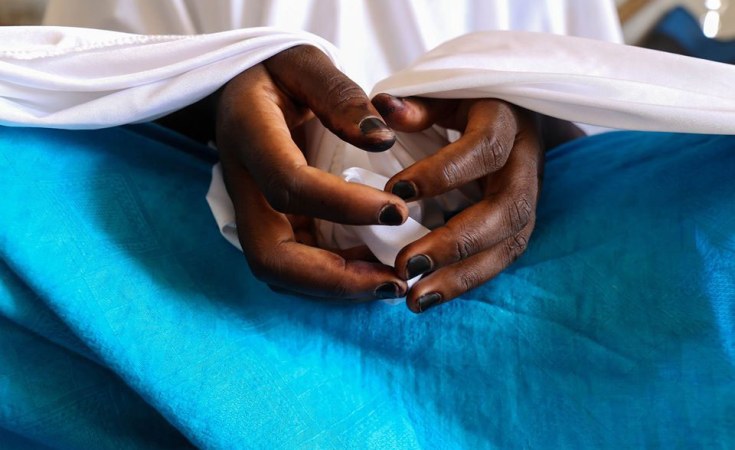The success of the Chibok abduction emboldened other terror groups to target schools and kidnap students.
In the wee hours of 14 April 2014, Boko Haram seized 276 girls from their dormitories in Government Girls Secondary School, Chibok Local Government Area of Borno State. While 128 regained freedom in batches over nine years, the whereabouts of 91 others remain unknown.
The abduction which made global headlines and birthed an international movement -- #BringBackOurGirls -- brought the group, led by the late Abubakar Shekau into the limelight.
Some of the girls were forced to marry insurgents and those who refused to comply were subjected to excruciating hardship.
Analysts believe the politicisation of the kidnap by the Goodluck Jonathan administration and refusal to allow foreign forces and mercenaries to assist in rescuing the captives worsened the matter. They also argued that the success of the Chibok abduction emboldened other terror groups to target schools and kidnap students. PREMIUM TIMES has documented over 10 mass abductions of students in different northern states since the Chibok incident.
Rescued or escaped in batches
The Murtala Muhammed Foundation, in its recent report, detailed how many of the Chibok girls regained their freedom between 2014 and 2023.
While the students were being transported into Sambisa forest in a truck, 57 of them jumped off the truck, leaving 219 onboard.
In May 2016, one of the girls,
alongside her six-month-old baby and a Boko Haram member to whom she was forcefully married were rescued by members of the Civilian Joint Task Force.
Five months later, 21 others were released after a swap deal brokered by the Swiss government and the International Committee of the Red Cross.
In November, another Chibok captive, Maryam Ali-Maiyanga, was found with a child.
In May 2017, 82 of the abducted girls were released, following another negotiation with the terror group.
Four months earlier, another Chibok captive, Rakiya Abubakar Gali, was rescued with a child.
In 2018, another victim, Salomi Pogu, was rescued.
There was no further successful release for three years until 2021 when another four Chibok girls regained freedom (two escaped and the two others were rescued).
The following year, 11 others were rescued. Last year, four of them were rescued, bringing the figure to 128.
Where are the remaining girls?
A total of 91 Chibok girls are still missing. Some of them may have died as according to some of the rescued girls, some victims died in captivity.
Also, some who found love in captivity chose to remain with Boko Haram husbands. However, the group has lost many of its fighters after an internal split led to the creation of the Islamic State West Africa Province (ISWAP).
President Bola Tinubu who in the past warned leaders not to politicise the Chibok abduction, had not said talked about his administration's effort to rescue the remaining girls.
Meanwhile, their parents have pleaded with the First Lady, Oluremi Tinubu, to use her influence to bring their daughters back home.
"We are haunted by the memories of that night when our girls were taken from us, and every day, we pray for their safe return," the parents said in a letter to the First Lady. "We have not lost hope, Your Excellency. We have not given up on our daughters, and we will continue to fight for their freedom until they are brought back to us."
"We urge you to use your influence and your platform to ensure that the plight of the Chibok girls is never forgotten, that justice is served, and that those responsible for this heinous act are held accountable."


